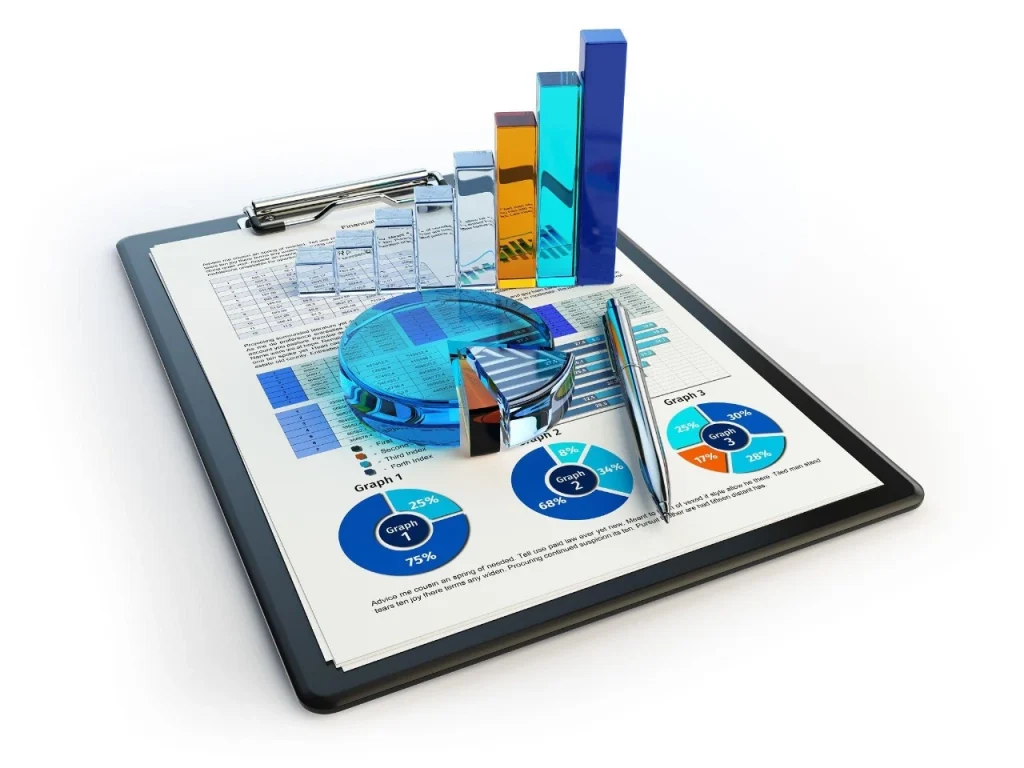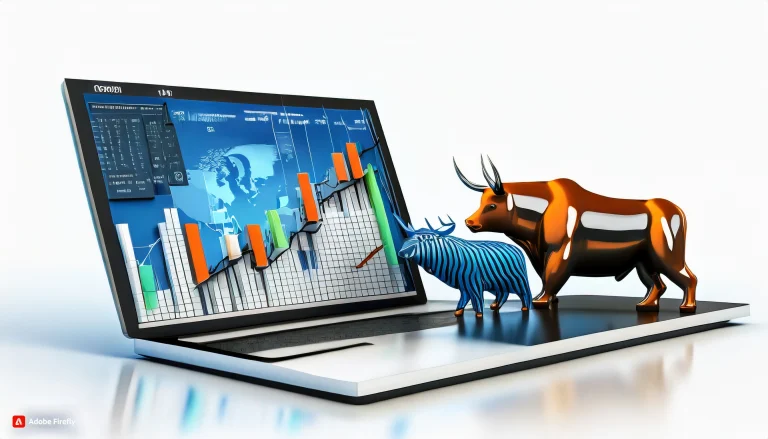The forex trading landscape is evolving rapidly, driven by advancements in technology that reshape how traders operate and make decisions. As we look to the future, several key technology trends stand out, promising to revolutionize the forex market. This blog will explore these trends and what they mean for traders and investors, as well as the future of forex trading, including the integration of artificial intelligence, blockchain technology, and enhanced cybersecurity measures. The future of forex trading holds the potential for increased efficiency, transparency, and accessibility, offering new opportunities and challenges for market participants.
Artificial Intelligence and Machine Learning
Artificial intelligence (AI) and machine learning (ML) are at the forefront of technological advancements in forex trading. These technologies are enabling traders to analyze vast amounts of data at unprecedented speeds, identify patterns, and make more informed decisions. AI-powered trading algorithms can execute trades based on predefined criteria, reducing human error and increasing efficiency.
Benefits:
Predictive Analytics: AI can predict market movements by analyzing historical data and identifying patterns.
Automated Trading: ML algorithms can execute trades autonomously, ensuring that trading opportunities are not missed.
Risk Management: AI can assess and manage risks more effectively by analyzing various market conditions and adjusting strategies accordingly.
Blockchain and Cryptocurrencies
Blockchain technology and the rise of cryptocurrencies are having a significant impact on the forex market. Blockchain offers enhanced security, transparency, and efficiency in transaction processing, which is crucial for forex trading.
Benefits:
Enhanced Security: Blockchain’s decentralized nature makes it more secure against fraud and hacking.
Faster Transactions: Blockchain can process transactions faster and with lower fees compared to traditional banking systems.
Crypto Trading: The growing acceptance of cryptocurrencies has opened new trading opportunities, allowing traders to diversify their portfolios.
High-Frequency Trading (HFT)
High-frequency trading involves executing a large number of orders at extremely high speeds, often in milliseconds. This is made possible by advanced algorithms and powerful computer systems. HFT can significantly increase market liquidity and reduce bid-ask spreads.
Benefits:
Increased Liquidity: HFT provides the market with more buy and sell orders, enhancing liquidity.
Reduced Spreads: The competition among HFT firms helps narrow the bid-ask spreads, benefiting all traders.
Efficient Arbitrage: HFT can quickly exploit price discrepancies across different markets, ensuring more accurate pricing.
Big Data Analytics
Big data analytics is revolutionizing how traders approach the forex market. By analyzing large datasets, traders can gain deeper insights into market trends, investor behavior, and economic indicators. This information can be used to develop more sophisticated trading strategies.
Benefits:
Market Insights: Big data helps traders understand market sentiment and make better predictions.
Customized Strategies: Traders can develop strategies tailored to specific market conditions and historical performance.
Real-Time Analysis: Big data tools provide real-time analysis, allowing traders to react swiftly to market changes.
Mobile Trading Platforms
The proliferation of smartphones and mobile internet has made forex trading more accessible than ever. Mobile trading platforms offer the convenience of trading on the go, ensuring that traders can monitor the markets and execute trades anytime, anywhere.
Benefits:
Accessibility: Traders can access the forex market from anywhere in the world.
Real-Time Updates: Mobile platforms provide real-time market data and alerts, keeping traders informed.
User-Friendly Interfaces: Many mobile trading apps are designed with intuitive interfaces, making it easier for beginners to get started.
Social Trading
Social trading platforms are gaining popularity, allowing traders to follow and copy the trades of experienced investors. This can be particularly beneficial for novice traders who can learn from the strategies of more seasoned professionals.
Benefits:
Learning Opportunities: Novice traders can learn from experienced traders by observing their strategies.
Community Support: Social trading platforms often have vibrant communities where traders can share insights and advice.
Diversification: Traders can diversify their portfolios by following multiple successful traders with different strategies.
Virtual Reality (VR) and Augmented Reality (AR)
Virtual reality (VR) and augmented reality (AR) are emerging technologies that have the potential to transform forex trading. These technologies can create immersive trading environments and provide innovative ways to visualize and interact with market data.
Benefits:
Immersive Data Visualization: VR can create 3D representations of market data, making it easier to identify trends and patterns.
Enhanced User Experience: AR can overlay real-time market information onto the physical world, allowing traders to monitor markets without needing to look away from their surroundings.
Training and Simulation: VR can be used to create realistic trading simulations, providing a valuable training tool for new traders.
Natural Language Processing (NLP)
Natural language processing (NLP) is a branch of AI that focuses on the interaction between computers and human language. In forex trading, NLP can be used to analyze news, social media, and other textual data to gauge market sentiment and inform trading decisions.
Benefits:
Sentiment Analysis: NLP can assess the sentiment of news articles, tweets, and other text-based sources to predict market movements.
Automated News Processing: NLP algorithms can quickly process and interpret large volumes of news, ensuring traders are informed about relevant events as they happen.
Enhanced Decision-Making: By understanding the sentiment and context behind market news, traders can make more informed decisions.
The future of forex trading is undoubtedly exciting, with technology playing a pivotal role in shaping the market. These advancements, from AI and blockchain to high-frequency trading and mobile platforms, are making forex trading more accessible, efficient, and secure. As these technologies evolve, traders who stay informed and adapt to these changes will be well-positioned to capitalize on their present opportunities.
Whether you’re a seasoned trader or just starting, keeping an eye on these technology trends will be crucial for your success in the ever-evolving forex market.




















